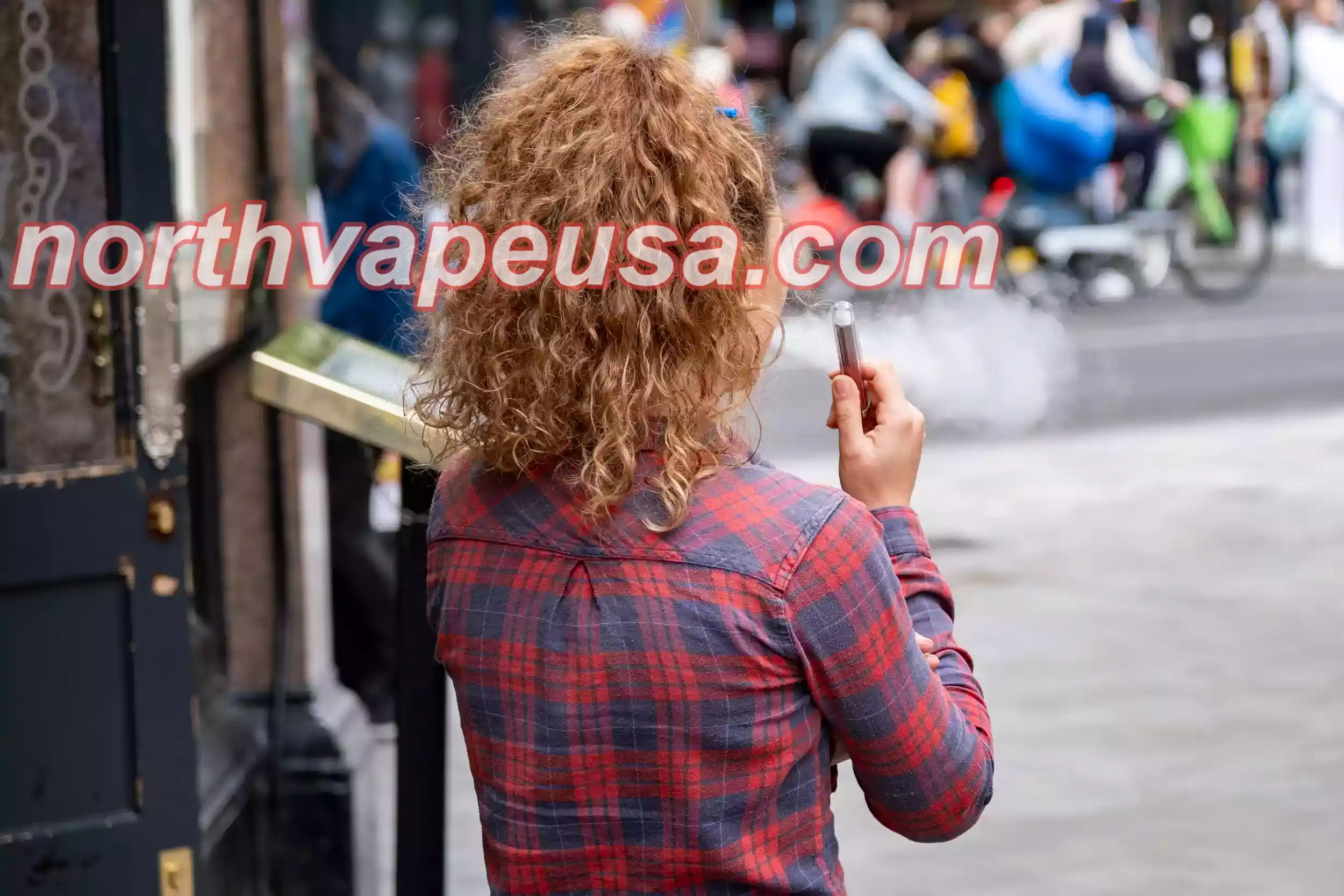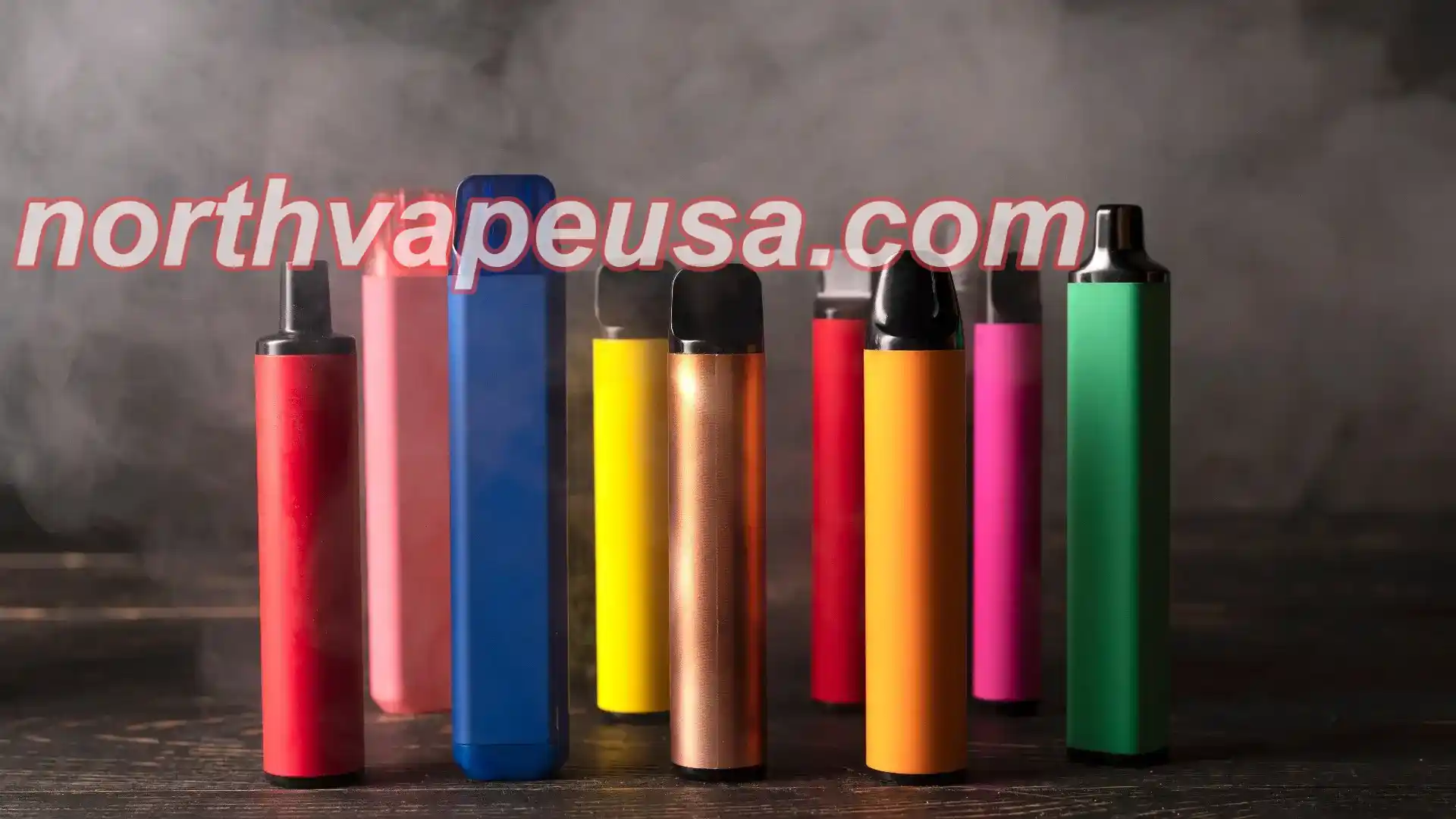Vape Industry in Malaysia Faces Tightened Regulations
Vape Industry in Malaysia Faces Tightened Regulations: How Big of an Impact Will This Have?
Ever since Malaysia officially enacted the toughest tobacco control laws on October 1st, 2024, we’ve seen some interesting developments that have caught our attention—things that might not be as obvious to the outside world. Now that we’re about 20 days into this new regulation, let’s take a look at what’s really going on in Malaysia’s vape scene and how it’s affecting the market.
Before we dive in, let’s give you a quick rundown of Malaysia's tobacco industry, especially the regulations that have been in place before this new law. The law we’re talking about is the 2024 Public Health Smoking Products Control Act, also known as Act 852. It replaced the earlier 2016 Tobacco Products Control Regulations (PPKHT), which, interestingly, was part of Malaysia’s 1983 Food Act. While tobacco products aren’t technically considered food, they were still governed by food laws. The main focus of PPKHT was limiting the sale, advertising, and use of tobacco products across the country.
For example, the old laws prohibited the sale and distribution of tobacco products to anyone under the age of 18, banned advertising, and imposed smoking bans in specific public areas like restaurants, malls, and public transport stations. Clearly, these regulations had gotten outdated. What made things even more complicated was that the PPKHT didn’t mention anything about vapes, which led to a major explosion of vape products in Malaysia over the past few years without clear enforcement of the rules. We’ve already talked about the impact of ACT 852 on the vape industry elsewhere (check out this link if you’re interested). But now, let’s focus on how ACT 852 stacks up against PPKHT.
Here’s the main difference: ACT 852 clearly defines the Ministry of Health as the main regulator for vape, and all vape products must be registered with the ministry. The ministry now has the authority to remove products from the market. And get this—penalties for violating the law have become much stricter. There are hefty fines and even jail time for serious offenses related to the sale and distribution of smoking products. So, what does this mean for the vape industry in Malaysia? Here’s what we’ve observed:
The Reality So Far: "Business as Usual"
In the first 20 days since the law has been in effect, the impact has been... well, underwhelming. Aside from some roll-ups and advertisements being taken down and more signage warning against sales to minors being put up, the overall business operations haven’t been greatly affected. It’s like "keep on dancing" for most vape shops. The enforcement in Malaysia is gradual, so while there’s awareness about the new law, many store owners have reported that they haven’t seen any significant changes in their daily operations yet. They’re just waiting to see how things evolve. According to the Ministry of Health, they’ve issued over 98,000 notifications in the past 9 months, totaling a whopping 24 million MYR (Malaysian Ringgit) in fines for violating smoking-related offenses. One key area where the law has had some influence is the limit on e-liquid to 3 milliliters, but there’s still a lot of ambiguity around it. The Ministry hasn’t clarified when exactly this limit will be enforced—although 2026 is mentioned, it’s hard to tell how things will pan out.
A Weird Twist: Malaysia Uses AI to Help People Quit Smoking
This one’s kind of wild: Malaysia has actually rolled out an AI-powered chatbot to help people quit smoking and vaping. Under the Cik Era ChatBot program, smokers and vapers can now chat 24/7 on the JomQuit website. So far, over 784 public health clinics and 300 private clinics are using this program to help people kick the habit.
But that’s not the only crazy thing happening in the Malaysian vape scene.
New Regulations: The Toughest Ever Tobacco Control Law
The 2024 Public Health Smoking Products Control Act officially went live on October 1st, 2024. The new law aims to protect public health, particularly by keeping tobacco products away from minors. It isn’t just about cigarettes—it also covers vape and other alternative tobacco products. Here’s a breakdown of some key points:
- Product Registration
All tobacco and vape products must be registered with the Ministry of Health before they can be imported, produced, or sold. Unregistered products are considered illegal and cannot be sold or distributed. This is to ensure that all products meet the Ministry's standards and don’t contain harmful ingredients. - Advertising and Promotion Ban
No advertising, promotion, or sponsorship of tobacco and vape products is allowed. This applies to all forms of media—TV, social media, billboards, and even in-store displays. The aim is to reduce exposure and discourage interest in tobacco products, especially among minors. - Sales Restrictions
No sales of tobacco or vape products to anyone under the age of 18. Additionally, the law prohibits vending machines from selling these products, which prevents underage users from getting their hands on them. - Packaging and Labeling
All tobacco and vape products must be packaged in line with the Ministry's standards. The packaging must display ingredients and nicotine content, along with prominent health warnings. Also, misleading terms like “low-risk” or “safe” can’t be used to describe the products.
This law is being described as one of the strictest tobacco control regulations in Malaysia’s history. It’s more than just a crackdown on traditional cigarettes—it’s a move toward regulating vape, which had previously flown under the radar. The government’s objective is to make the market safer for consumers, but it’s causing quite a stir among retailers and vape manufacturers.
Impact on Vape Retailers: More Restrictions, More Costs
Some vape store owners are not thrilled with the new rules. For example, the new display restrictions mean that retailers can no longer show e-cigarettes or tobacco products in open displays. Instead, they must use enclosed cabinets to display these products. This will undoubtedly increase operational costs for small retailers. Additionally, the new limit on e-liquid volumes (3 milliliters for disposable vapes and 15 milliliters for bottled e-liquids) is another point of contention. Many vape retailers are worried that these restrictions will force them to pull a large chunk of their stock from shelves, leading to possible shortages in the market.
One of the most controversial aspects of this regulation is the restriction on e-liquid volume. For instance, disposable vapes can only contain 3 milliliters of e-liquid, and bottled e-liquids are limited to 15 milliliters. This rule has sparked frustration within the e-cigarette industry, with many manufacturers arguing that it doesn’t give them enough time to adjust their existing products.
A Look Towards the EU’s Tobacco Products Directive (TPD)
Interestingly, Malaysia’s new law is starting to look a lot like the European Union's Tobacco Products Directive (TPD). The TPD is a set of strict regulations for tobacco and vape products that have been in place since 2016. Some of the core rules of the TPD include:
- Capacity Limits
Vape cartridges can only hold up to 2 milliliters of liquid, and bottles of e-liquid are limited to 10 milliliters. - Nicotine Content
The nicotine concentration in e-liquids is capped at 20 milligrams per milliliter to prevent overuse. - Packaging and Labeling
Like Malaysia's new law, products in the EU must clearly display health warnings and product ingredients. - Advertising and Promotion
The TPD imposes strict limits on advertising, ensuring that vape products aren’t marketed to minors or the general public.
Malaysia’s move toward TPD-like regulations is a sign of the growing international convergence on tobacco control policies. As Malaysia’s laws tighten, we can expect similar moves across other Southeast Asian nations.
What’s Next for Malaysia’s Vape Market?
Malaysia’s transition to these new laws shows a clear trend toward harmonizing local regulations with global standards, particularly the EU’s TPD. Over time, we can expect Malaysia’s regulations to align more closely with international norms, and the ripple effect could influence policies in other ASEAN countries.
As the vape industry in Malaysia adjusts to these new regulations, it’s essential for consumers to stay informed. The coming months will determine how well businesses can adapt to these changes and what the long-term impact will be on both the market and public health.
If you’re a vape enthusiast looking for new flavors, or if you're searching for a north vape near me, check out North Vape flavors—they have something for everyone! For more insights into the Times of Vapes and what’s happening next, make sure to follow the latest developments in the vape industry!

